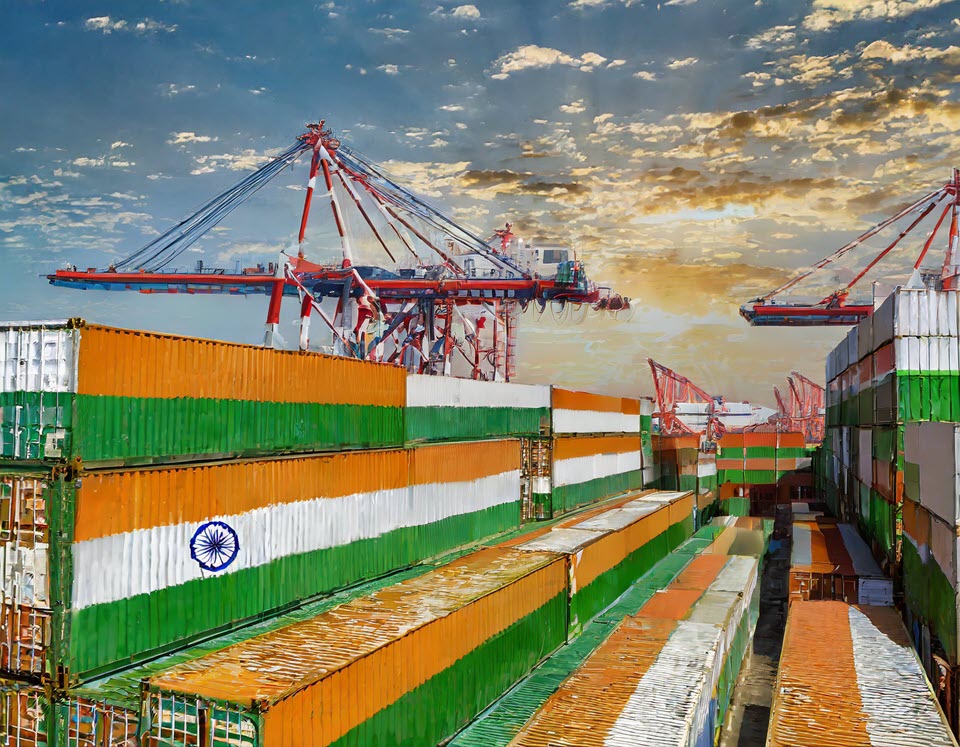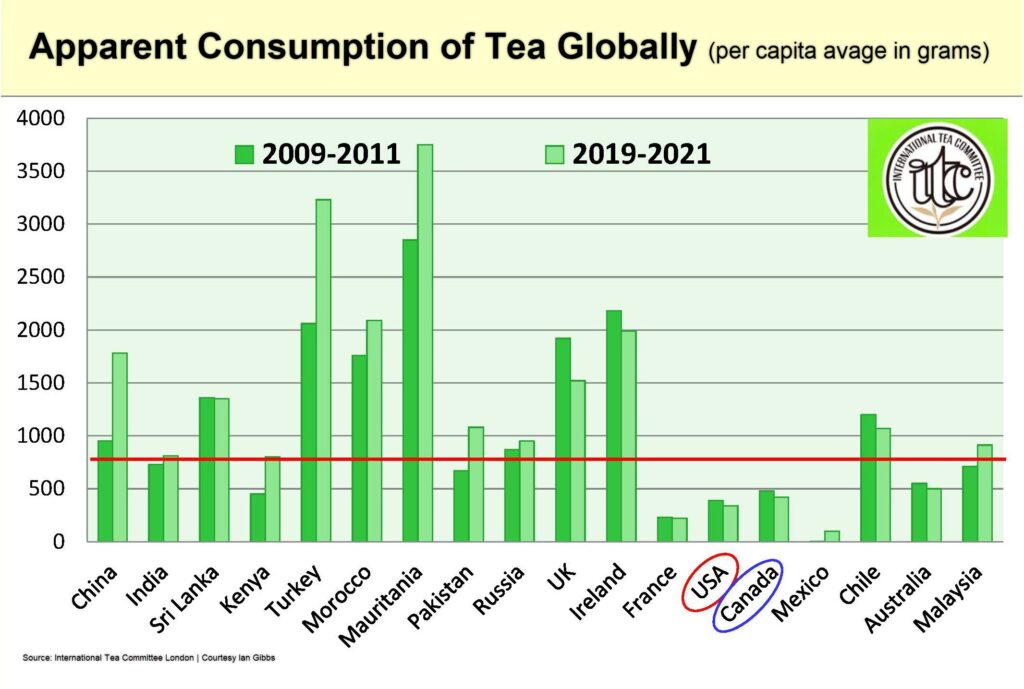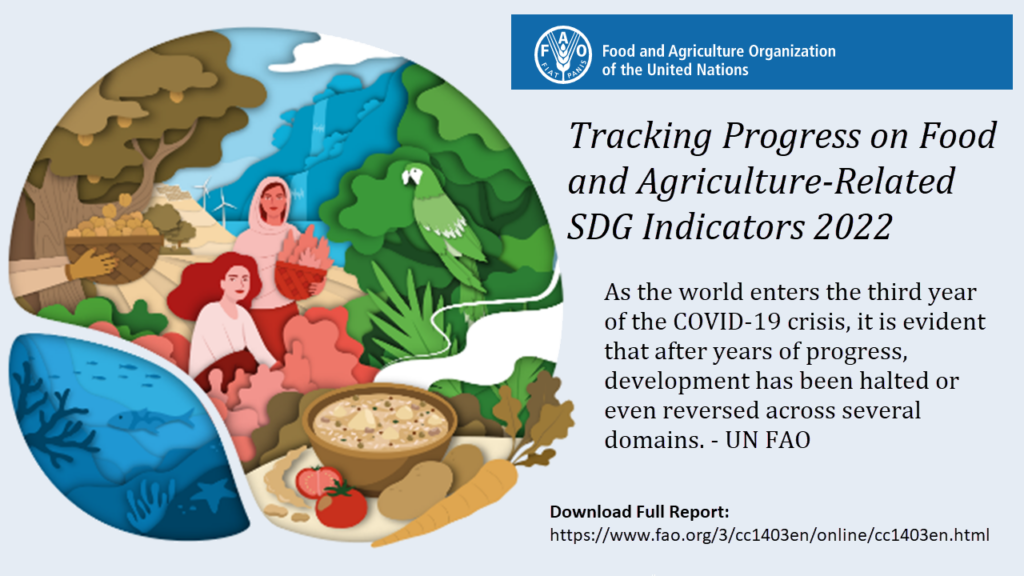By Aravinda Anantharaman | Editor
India Tea News for the week ending June 7, 2024
Powered by RedCircle

Iran Halts Tea Imports From India
Iran, one of India’s big tea markets, has suddenly halted imports of tea and rice from India. No reason was given, although government officials have been quoted as saying this could be a retaliatory response as India stopped imports of kiwi and peaches from Iran. Another point raised was that Iran wanted India to restart buying oil. The Mint reported that Iran’s rice imports for April- September 2023 stood at $641.66 million, while tea imports for January- September 2023 stood at $66.39 million, valued second to the UAE. The tea bodies are waiting for Iran’s responses on the reasons for stopping imports.
NETA Asks For Ban On Six Pesticides
Representatives from the North Eastern Tea Association have submitted a memorandum to the state agriculture minister with an appeal to prohibit the stock, sale, and distribution of six pesticides – Cypermethrin, Acephate, Imidacloprid, Acetamiprid, Dinotefuran, and Fipronil. These pesticides are banned for tea, and the association said that testing of teas showed MRL ( maximum residue levels) residues indicating the use of these chemicals. The association said that these six pesticides contributed to much of the problems attached to the lack of food safety compliance.
Kangra Tea Seeks Government Intervention
The Kangra tea industry is awaiting some interventions from the state government to revive and promote their tea industry. The land under tea cultivation and crop have dropped significantly in recent years as it has been losing its viability. Three of the four government factories also remain closed. The tea association here has asked for greater support, especially in increasing the state’s tea tourism opportunities.
Powered by RedCircle




